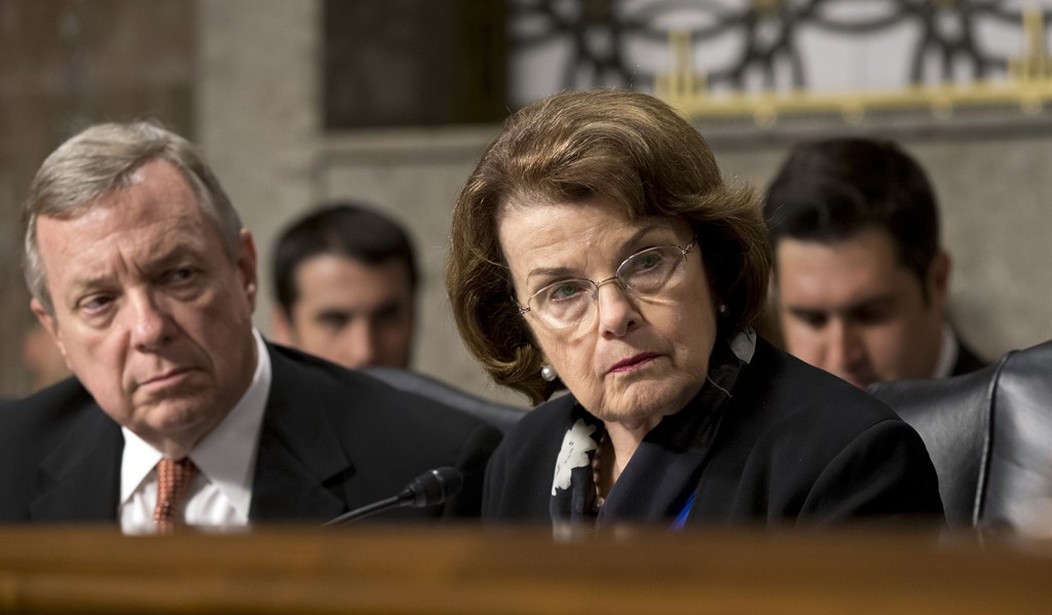Archbishop William E. Lori of Baltimore, Chairman of the U.S. Conference of Catholic Bishops Ad Hoc Committee on Religious Liberty, issued a statement Friday responding to the questioning judicial nominee Amy Coney Barrett faced from Senators Dick Durbin (D-IL) and Dianne Feinstein (D-CA) Wednesday over her Catholic faith.
"America has a strong and venerable tradition of pluralism that respects all religious views. In this context, this week's hearing before the U.S. Senate Judiciary Committee is deeply disappointing,” Archbishop Lori said. “Rather than simply consider the professional achievements of a nominee for the federal judiciary, multiple senators challenged her fitness to serve due to her Catholic faith.”
Feinstein seemed very concerned over Barrett’s Catholicism telling her “the dogma lives loudly within you, and that's of concern when you come to big issues that large numbers of people have fought for, for years in this country."
“Do you consider yourself an orthodox Catholic?” Durbin asked Barrett.
“Such questions are not just contrary to our Constitution and our best national traditions, which protect the free exercise of one's faith and reject religious tests for public office, they are offensive to basic human rights,” Lori said. “They also, sadly, harken back to a time in our country when anti-Catholic bigotry did distort our laws and civil order. These comments are a reminder that we must remain vigilant against latent bigotries that may still infect our national soul.”
Recommended
“Were the comments of the Senators meant as a warning shot to future law students and attorneys, that they should never discuss their faith in a public forum, if they have aspirations to serve in the federal judiciary?” he asked.
“In truth, we should be encouraging faithful, ethical attorneys to serve in public office, not discouraging them by subjecting them to inappropriate, unnecessary interrogation based on their religious beliefs,” he emphasized.
“People of faith—whatever faith they may hold—should not be disqualified because of that faith from serving the public good,” he concluded. “Rather than hold people of faith in suspicion, our laws and lawmakers should tolerate, if not celebrate, the role faith has in society and in the lives of individuals. To do otherwise is contrary to the ideals of a healthy, pluralistic society.”
























Join the conversation as a VIP Member